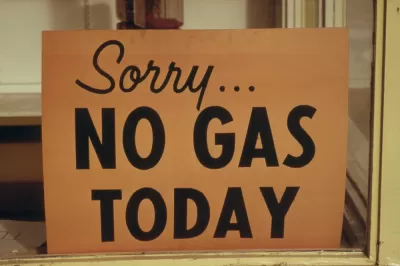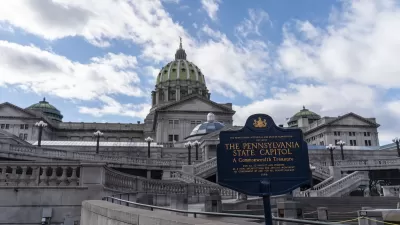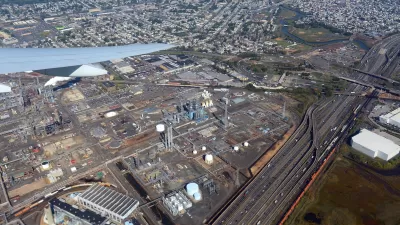There must be something about having a coast on the Pacific Ocean that makes states set policies to accelerate the end of the internal combustion engine.

“Policymakers for the Oregon Department of Environmental Quality on Monday approved a rule that bans the sale of new gasoline-powered passenger vehicles in Oregon by 2035,” reports Gosia Wozniacka.
The state of Oregon has set targets to cut greenhouse gas (GHG) emissions by 50 percent by 2035 and 90 percent by 2050. The decision to ban internal combustion engines from new vehicles is intended to cut emissions in the transportation sector—responsible for a plurality of emissions in the state.
According to the article, Oregon’s new rule is based on vehicle emissions standards adopted by California in August (California Governor Gavin Newsom released an executive order to accomplish the ban in September 2020).
“The rule allows for sales of plug-in hybrid vehicles, which run primarily on electricity but also are able to run on gas, to provide flexibility for Oregonians, especially those in rural areas with fewer charging stations,” reports Wozniacka. “The ban on gas cars does not affect cars already on the road and does not require Oregonians to stop buying gas-powered vehicles. Used gas-powered cars will continue to be available for sale within the state. Customers who want a new car that runs on gasoline will have to shop out of state.”
FULL STORY: Oregon bans sales of new gas-powered cars by 2035

Alabama: Trump Terminates Settlements for Black Communities Harmed By Raw Sewage
Trump deemed the landmark civil rights agreement “illegal DEI and environmental justice policy.”

Planetizen Federal Action Tracker
A weekly monitor of how Trump’s orders and actions are impacting planners and planning in America.

Why Should We Subsidize Public Transportation?
Many public transit agencies face financial stress due to rising costs, declining fare revenue, and declining subsidies. Transit advocates must provide a strong business case for increasing public transit funding.

Understanding Road Diets
An explainer from Momentum highlights the advantages of reducing vehicle lanes in favor of more bike, transit, and pedestrian infrastructure.

New California Law Regulates Warehouse Pollution
A new law tightens building and emissions regulations for large distribution warehouses to mitigate air pollution and traffic in surrounding communities.

Phoenix Announces Opening Date for Light Rail Extension
The South Central extension will connect South Phoenix to downtown and other major hubs starting on June 7.
Urban Design for Planners 1: Software Tools
This six-course series explores essential urban design concepts using open source software and equips planners with the tools they need to participate fully in the urban design process.
Planning for Universal Design
Learn the tools for implementing Universal Design in planning regulations.
Caltrans
Smith Gee Studio
Institute for Housing and Urban Development Studies (IHS)
City of Grandview
Harvard GSD Executive Education
Toledo-Lucas County Plan Commissions
Salt Lake City
NYU Wagner Graduate School of Public Service





























